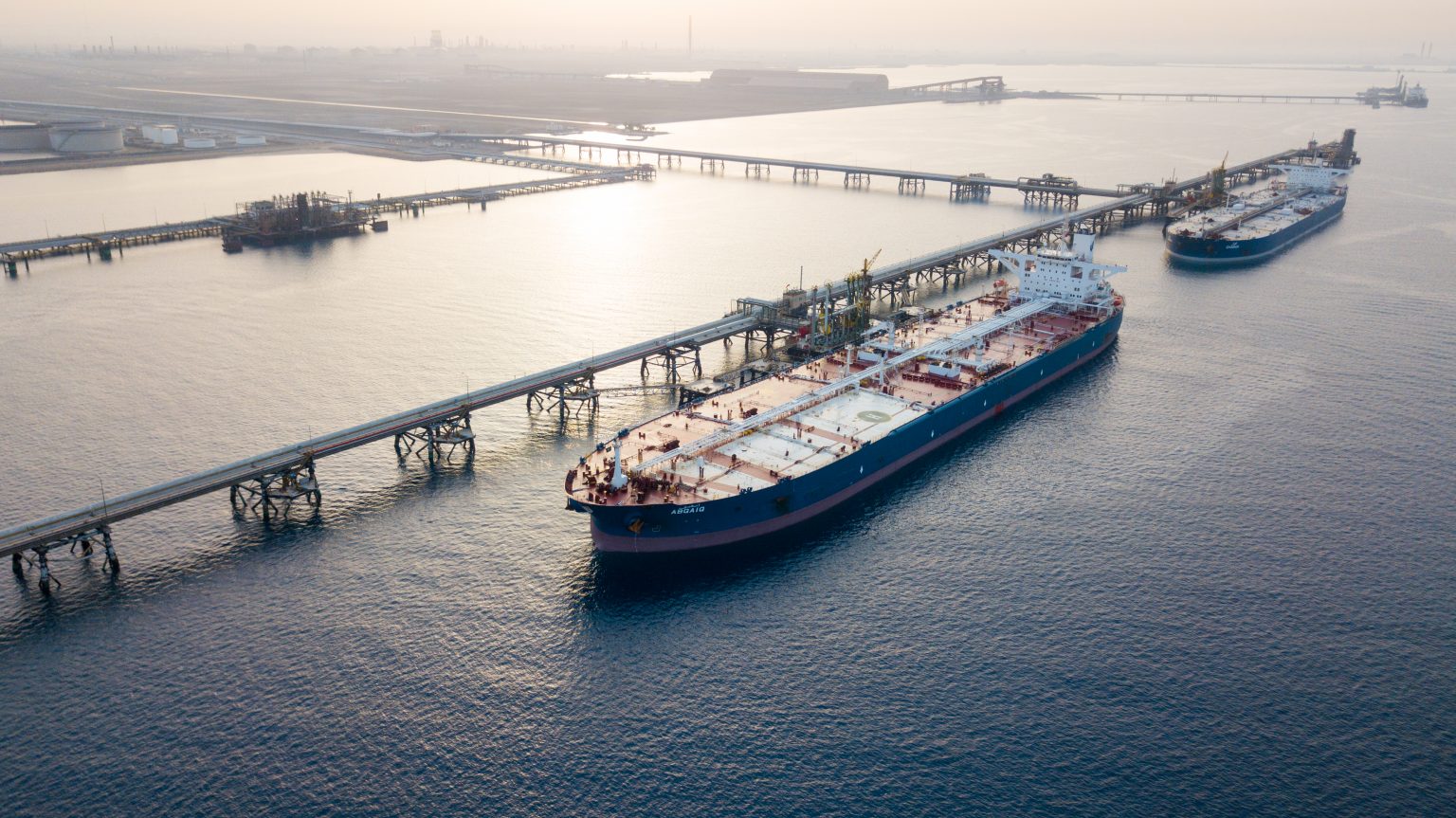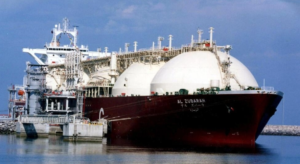The recent outbreak of warfare between Israel and Hamas has cast a spotlight on the intricate dynamics and challenges facing Asian economies, particularly when it comes to their heavy reliance on energy imports from the Middle East. This dependence has become increasingly pronounced as global geopolitical shifts and energy demands evolve. Here, we delve into the complex tapestry of energy security, maritime interests, and emerging partnerships among Asian powers in the Middle East.
In 2018, a staggering 76% of the world’s crude oil traveling through the Strait of Hormuz between Iran and Oman was destined for Asia. This statistic underlines the region’s substantial dependence on Middle Eastern oil supplies. The situation has only intensified in the aftermath of the Ukraine conflict, with Western nations urging a reduction in Russian energy imports. In response, South Korea and Japan have amplified their reliance on Middle Eastern oil, inadvertently making themselves stakeholders in the region’s security and geopolitics.
India has taken a different route, increasing its purchases of Russian oil. However, even these Russian supplies find their way through the Middle East, highlighting the inescapable centrality of the region in global energy trade. Additionally, the Suez Canal remains the primary conduit for Asia’s exports to Europe, further reinforcing the region’s interest in maintaining a secure and stable Middle East.
Given these realities, Asian powers have recognized the need to safeguard their energy interests in the Middle East. Operation Sankalp, launched by India in 2019, is a case in point. Indian navy vessels now patrol the Persian Gulf and Gulf of Oman, offering protection to Indian-flagged vessels, particularly oil tankers. To solidify their presence in the region, Indian officials have visited the Omani port of Duqm, where they have been granted access for maintenance and repair operations. India’s establishment of a maritime support base in Duqm marks a significant step in enhancing their maritime influence.
Japan, too, has taken proactive measures. The Japan Self-Defense Forces have maintained a base in Djibouti since 2010, primarily established for anti-piracy efforts off the coast of Somalia. However, the situation has evolved, and in 2020, Japan initiated a military information-gathering mission in response to a series of attacks on commercial vessels, emphasizing the shifting dynamics in the region.
For South Korea, recent events have underscored emerging geoeconomic risks in the Middle East. In 2019, two South Korean vessels in the Red Sea were seized by Houthi militia from Yemen, prompting Seoul to dispatch a destroyer that had been deployed for anti-piracy patrols in the Gulf of Aden. Two years later, an Iranian seizure of a South Korean oil tanker, ostensibly over environmental concerns but widely perceived as a tactic to unfreeze oil payments held in South Korean banks due to U.S. sanctions, further highlighted the region’s complexities. South Korea responded with a similar naval deployment, eventually releasing $1 billion to Iran.
From a geopolitical perspective, the present moment offers a unique opportunity for countries like India, Japan, and South Korea to collaborate closely on maritime security in the Middle East. While in the past, they may have worked alongside China, evolving political and military dynamics have led to increased caution and distrust of China’s intentions.
In March, these three Asian nations joined the United States and Canada for anti-submarine warfare exercises off Guam, a testament to their growing strategic partnership. India’s entry into the Combined Maritime Forces, a naval coalition led by the U.S., in 2022 further reinforced their commitment to maritime security.
To effectively enhance their regional maritime influence, it may be logical for India to take the lead in developing a blueprint for collaboration with Japan and South Korea. One critical step could involve joint patrols in the Persian Gulf, where naval vessels from each nation act to protect shipping interests of their partners. This collaborative approach would help secure the critical economic arteries that flow through the Middle East.
Moreover, India could facilitate a dialogue between South Korea, Japan, and regional partners such as Oman, potentially allowing concurrent use of Duqm as a tactical trinational base for cooperation. These steps would enhance the region’s security, benefiting all parties involved.
While the world may be steadily moving towards green and sustainable forms of energy, the transition will be gradual and fraught with challenges. In the interim, ensuring a stable supply of oil and gas remains paramount for Asian economies like India, Japan, and South Korea. The need to protect their critical economic interests through maritime security mechanisms in the Middle East is becoming increasingly apparent. As these nations navigate these complex waters, their collaboration and strategic engagement may be the key to safeguarding their energy security in a volatile world.
(Source: Kabir Taneja | Nikkei Asia)









